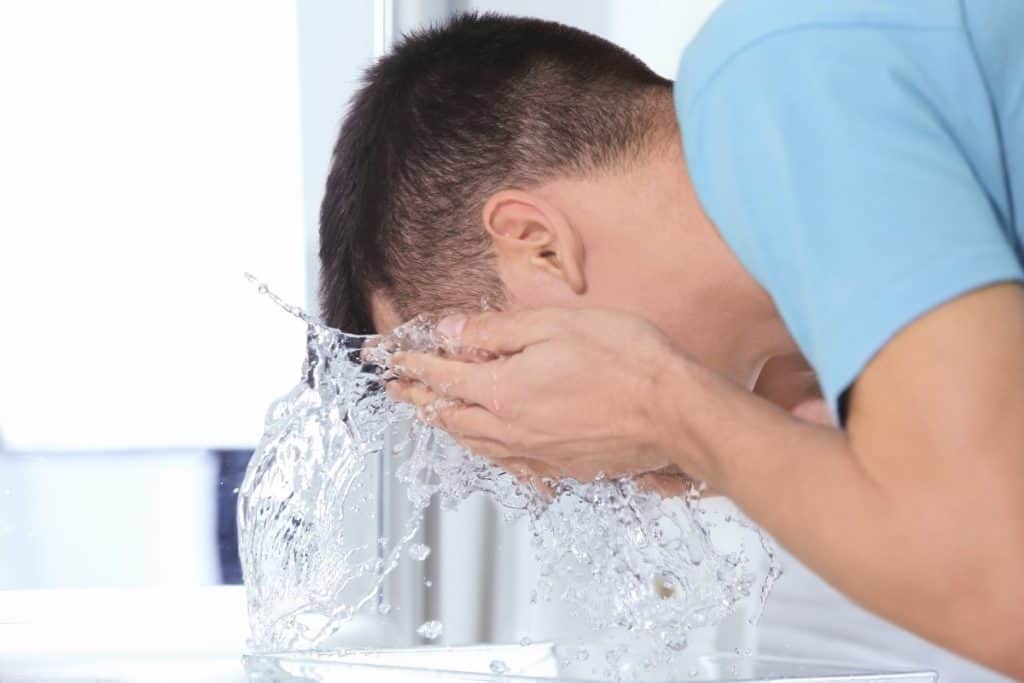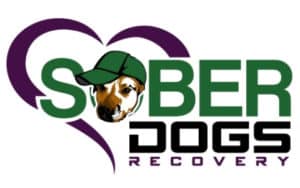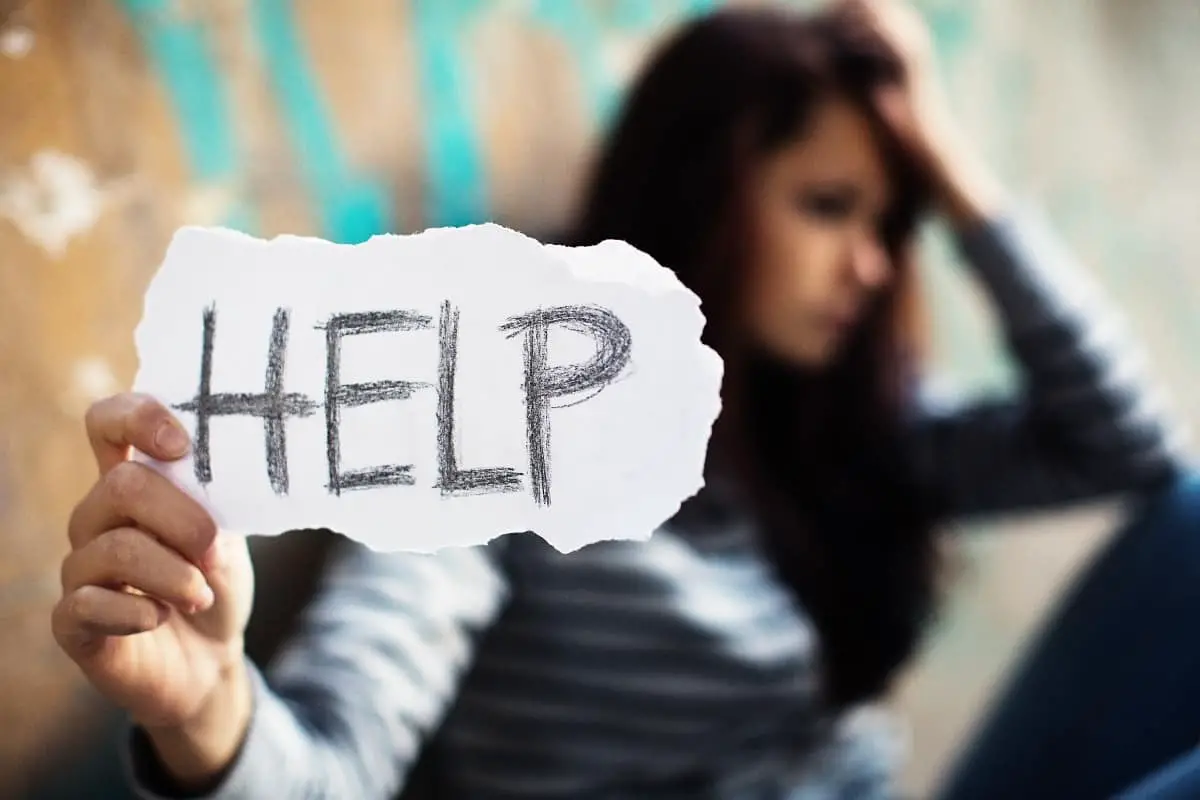Drug and alcohol cravings are a normal part of the recovery process. Cravings are an extremely powerful force that can destroy a person’s recovery and send them to a relapse if not managed and dealt with immediately. If you’re in recovery then you know the power of these cravings and how crucial dealing with them in an effective manner is.
I have been physically and mentally crippled by drug cravings. My muscles tense up, my brain hyper focuses on one thing (the drugs), and I’m in a state of paralysis. This is what happens to many of us when a drug/alcohol craving hits, especially during early recovery. Creating a plan of how to deal with and beat cravings is critical for people in early sobriety.
How To Deal With And Beat Drug And Alcohol Cravings
There are 4 steps to beating drug and alcohol cravings:
- Acceptance – Accept that cravings are a normal part of recovery and are a sign of your body and brain repairing
- Change The Thought – Taking immediate action to change the thoughts away from drugs and onto something different
- Reaching Out – Talking about the craving, taking the power away from it, and connecting with your support network for help
- Analyze – Talk with your counselor or sponsor about what may have triggered the craving, how you dealt with it, and a plan for dealing with future cravings.
1. Accepting That Cravings Are A Normal Part of The Recovery Process
When any thought of memory of drug/alcohol use comes into our brain we need to accept the thought as a normal part of our recovery process and then take any action that will alter our thinking away from entertaining the thought. Understanding and accepting that cravings are a normal part of healing, is essential to overcoming and beating them. Our brains were altered during addiction. That’s ok, we understand that, accept that, and work to repair and rebuild our brains and bodies. Getting anxious, mad, or upset with ourselves for having a craving will make it worse. Accept what’s happening and take action to change the thought process.
Here is a great resource all about addiction and learning what things help during the process of addiction and recovery.
https://www.onlinetherapy.com/addiction-counseling/family-resource/
2. Take Action To Change Your Thought Process During A Drug Craving
Splashing water on our faces, going for a walk, or dropping down and doing pushups are all simple actions we can take to change our thoughts away from the craving. When we take some immediate action such as splashing water on our face, it triggers our brain to focus on this new action. This can be all that is needed to start a new line of thinking away from drugs and alcohol.

Talk to your craving. This can seem weird and awkward but it’s very effective. “Talk junk to your craving”. Many people in recovery talk back to their cravings just like we are taught to do with negative thinking. Here are some statements you can use to take the power away from the craving:
- “This a normal part of healing, it’s just a thought”
- “I’m done with that part of my life, your just a past memory, you have no power over me”
- “You will not beat me”
- “I’m stronger than you, I will not let this craving derail my recovery”
Full list of actions we can take to change our thinking.
3. Reach Out For Help – Don’t Fight A Craving Alone
Once we take action to change our thoughts we need to follow this up with a call to someone in our support system. Sponsor, counselor, doctor, family member, spouse, friend, or anyone in our recovery support network. Letting someone know about the craving will take the power away from the thought, (a weight lifted off your shoulders). Telling someone else about the craving will also help keep you accountable. If you don’t trust yourself when a craving hits go meet up with someone in your support network instead of calling them. They can help keep you focused and occupied until the cravings go away.
Many people (myself included) feel that when we reach out and tell someone were having a bad craving that we somehow failed or are doing something wrong in recovery. This is a very normal thought and is the disease trying to trick us. Cravings are not a sign that you’re doing something wrong or failing recovery. It’s not a sign of weakness. Cravings are normal for people in recovery. 
“One of the things that helped me understand and deal with cravings was, a phone call to my family or sponsor telling them I’m struggling with a craving is way better than a phone call telling them I relapsed and I’m using again”
-LMK – Recovering Addict and Alcoholic
4. Analyze The Craving With Your Counselor, Doctor, or Sponsor
A day or two after the craving, sit down with someone in your support network to analyze the past craving. A few important aspects to ask yourself are:
- What may have triggered the craving?
- What did you do that worked or helped the situation?
- What did you do that made it worse?
- What can you do to create a plan to deal with future cravings?
I have had and dealt with dozens of drug cravings throughout my life. One of the keys to beating a drug craving is to understand what it is and why it’s happening. Drug and alcohol cravings are unique for each person.
What Is A Drug Craving?
Craving is defined as a strong desire for something. A longing or yearning for/to something. We all know food cravings when we are very hungry or sexual cravings when we are excited. When a person uses drugs or alcohol for a period of time their brain starts to seek this substance, they crave drugs and alcohol just like they crave food. These substances change our psychology and physiology over time. After continuous drug use, our brain starts associating the high as a reward like exercise or food. Because our brain is associating getting high with happiness it is encouraging us to seek out this substance we’ve been using that will get rid of our discomfort.
When we use drugs or alcohol in excess, our brains begin to rely on these substances daily, sometimes hourly. This is why we go into withdrawal when we come off drugs and alcohol. Our body is in a state of chaos. We have used these substances daily for months or years on end and our body has adapted and adjusted to life with this new substance. When we stop, our brain and body are confused and trying to figure out how to run properly. This takes time and during that period our brain will send us signals seeking the substances; cravings. The good part is craving becomes less prevalent and weaker the longer we abstain from drugs and alcohol.
To the person experiencing the craving, it will feel like a panic or anxiety attack combined with some physical symptoms. Cravings vary from person to person and also depending on the substances the person is coming off of.
What Does A Drug Cravings Feel Like?
Signs and Symptoms of A Drug Craving:
- Rapid breathing
- Anxiety
- Shortness of breath
- Increased heart rate
- Unable to do daily tasks
- Hyper focused on the thought of drugs or alcohol
- Sweating/perspiration
How Long Do Drug and Alcohol Cravings Last? How Often Do They Come?
For some, they’ll have a few minor cravings in early recovery and that’s it. Others get prolonged intense cravings for years. How often and how intense a person’s cravings are will depend on numerous factors including, DOC (drug of choice), duration of use, frequency of use, psychological and biological factors, and period of abstinence.
A typical drug craving will last anywhere from 15 seconds to 15 minutes. According to M.A.E at Rochester Mental Health:
“Drug and alcohol cravings typically only last 5-30 seconds in a persons brain, the problem is many folks have never been taught proper coping mechanisms and they continue to entertain the cravings giving it power to continue and last substantially longer”.
– M.A.E (LMHC – Substance Abuse Counselor – Rochester Mental Health)
The important thing to remember is cravings always get less intense and easier to deal with the longer we abstain from drugs and alcohol. Every time we get through a craving and don’t use drugs or alcohol we won. We beat that craving and are becoming stronger for any future cravings.

Preventing and Dealing With Future Cravings
Create a plan for dealing with and overcoming future cravings.
A. Write down 10 actions you can take to alter your thinking when a craving hits
B. Create a list of people in your support network that you can call during a craving
C. Write a list of your triggers. Anything that triggers you to think about drugs or alcohol. Create a plan for avoiding these triggers and how to deal with them if you come across a trigger you can’t avoid.
Talk with your doctor about possible medications that can help with drug and alcohol cravings. This may be something that can help people who are really struggling with intent cravings in recovery.
Every time we successfully overcome a craving without using drugs or alcohol we become stronger and better prepared to fight off the next one. I like to think that each time I conquer a craving my brain is a little stronger and I’m building my defenses up for any future attacks.
Sources:
https://www.rehabs.com/overcoming-cravings-and-triggers/
Articles
A common question many people in recovery from drugs get asked is "Why can't you have a drink?" or "If alcohol wasn't your drug of choice why can't you drink?". Everyone has their own path in...
A person in active addiction will do things that cross their own moral boundaries. On the inside, they will feel guilty and ashamed of what they are doing but the pull of addiction and the crippling...


